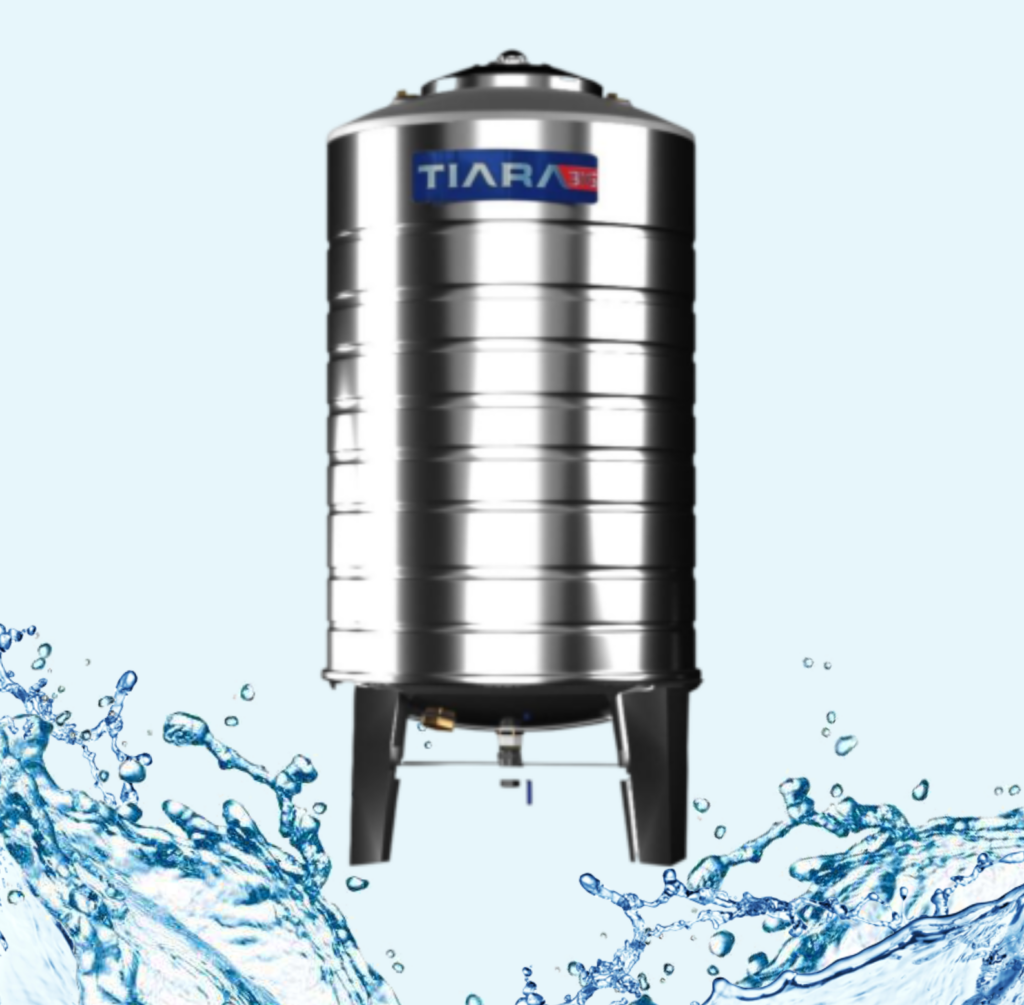
Water is one of the most essential resources for daily living. From drinking to cooking, cleaning, and even bathing, clean water is crucial for maintaining a healthy lifestyle. In many homes, especially in areas with unreliable or limited water supply, water is stored in tanks to ensure a consistent flow. However, if these water tanks are not cleaned regularly, they can become breeding grounds for bacteria, algae, and other harmful microorganisms, putting the health of everyone in the household at risk. This article explores the importance of regular water tank cleaning and its impact on maintaining a healthier home.
Prevents Contamination of Drinking Water
One of the primary reasons for regular water tank cleaning is to prevent the contamination of drinking water. Over time, dust, debris, and even insects can enter the tank, causing water to become contaminated. Stagnant water in tanks can promote the growth of harmful microorganisms such as bacteria, fungi, and algae. If left unchecked, these contaminants can enter the household’s water supply, potentially leading to waterborne diseases like cholera, dysentery, and typhoid. By regularly cleaning the water tank, you can ensure that the water remains pure and safe for consumption.
Improves Water Quality and Taste
Water that is stored in unclean tanks often has an unpleasant taste and odor, which can be attributed to bacterial growth or algae. This poor quality of water not only affects the drinking experience but can also impact the taste of food and beverages. Cleaning the water tank on a regular basis helps eliminate any unwanted deposits, bacteria, or algae, resulting in fresher, better-tasting water. The quality of water used for cooking and cleaning is equally important for maintaining a healthy home environment.
Reduces the Risk of Waterborne Diseases
Waterborne diseases are one of the most common health risks associated with dirty water tanks. When water tanks are not cleaned regularly, pathogens like E. coli, Salmonella, and Giardia can thrive, making the water unsafe for consumption and increasing the risk of illnesses. The presence of harmful bacteria in water can lead to gastrointestinal issues, skin infections, and even more severe health problems. Regular cleaning of water tanks reduces the chances of these pathogens contaminating the water supply, thus protecting the health of all household members.
Prevents Damage to Pipes and Plumbing System
Over time, sediment and debris can accumulate in the water tank, eventually finding their way into the pipes and plumbing system. This buildup can cause blockages, rust, and corrosion, damaging the plumbing infrastructure. By keeping the water tank clean, you can prevent such issues, ensuring the proper functioning of your pipes and water distribution system. Regular maintenance also helps in extending the lifespan of plumbing fixtures, reducing the need for costly repairs.
Improves Overall Hygiene in the Home
Water tank cleaning is an essential part of maintaining a hygienic living environment. When water tanks are neglected, it can result in the proliferation of mold, bacteria, and unpleasant odors, leading to a less-than-ideal home atmosphere. Dirty water tanks can also impact the quality of water used for cleaning and bathing, which can affect personal hygiene. Clean water, on the other hand, promotes better hygiene and a healthier living space, ensuring that your home remains clean and safe for everyone.
Conclusion
Regular water tank cleaning is essential for ensuring the health and well-being of your family. By keeping your water storage systems clean, you not only prevent the contamination of drinking water but also reduce the risks of waterborne diseases, improve water quality, and maintain the efficiency of plumbing and water-dependent appliances. In addition, regular cleaning supports a healthier home environment and promotes good hygiene practices. Therefore, make it a habit to clean your water tank every 6 to 12 months, depending on usage, to ensure that the water you and your family consume is always clean, safe, and healthy.


